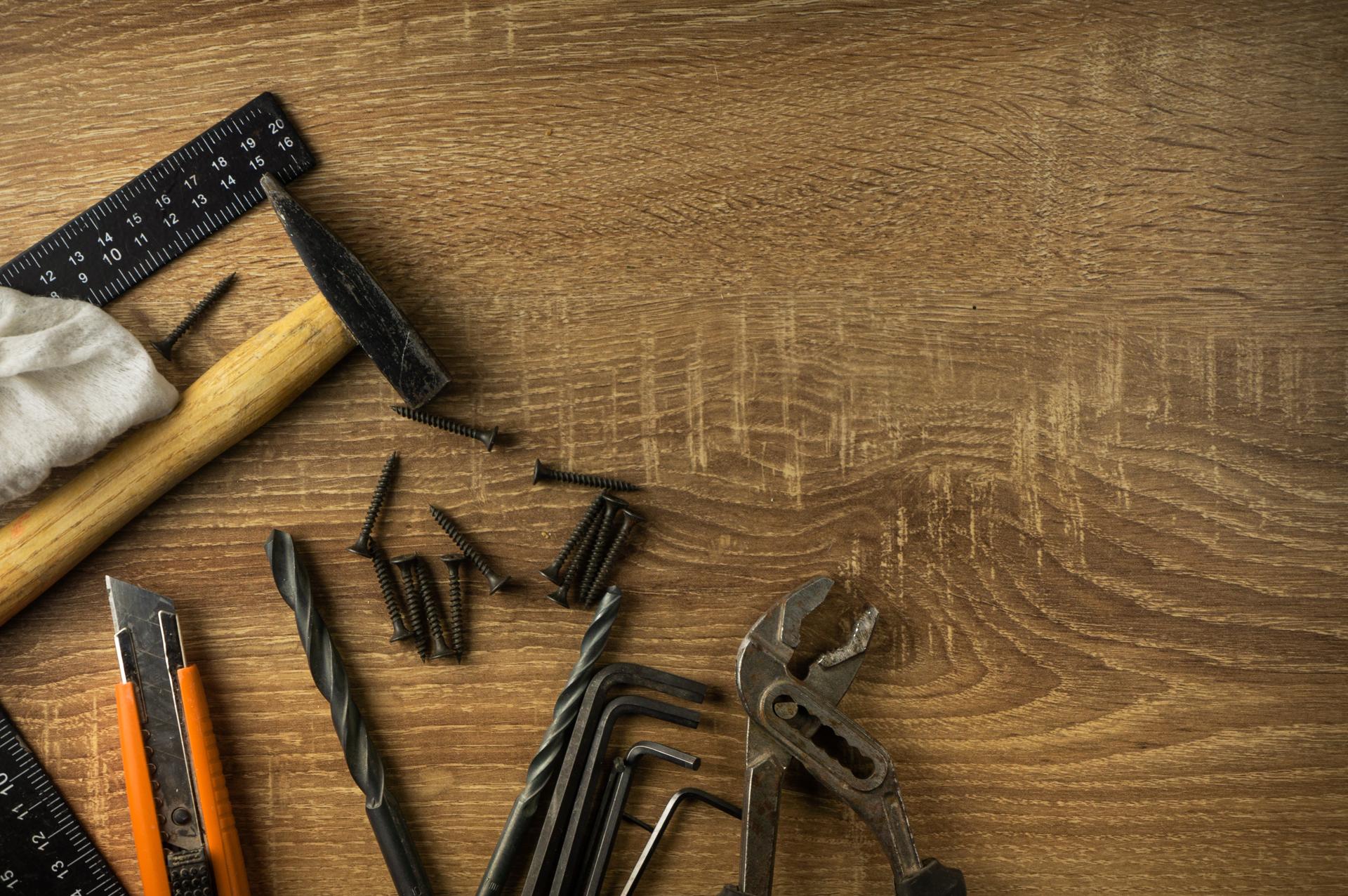Do-it-yourself Plumbing Made Easy: How to Address Frequent Problems in Your Home

They are an essential part of every household. Without proper maintenance they could be the source of numerous problems which can cause inconvenience and expensive repairs.
But, there are many benefits to learning how to repair minor plumbing issues yourself, like saving money and developing useful knowledge. This article we will discuss common plumbing issues and how to fix them yourself. these issues.
Common Plumbing Issues
Dripping Faucets
Dripping faucets aren’t just frustrating, but they also use up a large quantity of water in time. The most common cause of a dripping faucet is a worn-out washer or O-ring. To remedy this problem, turn off the supply of water for the faucet. take out the handle, and replace the worn-out O-ring or washer.
Running Toilets
A toilet that is running is another frequent plumbing problem that could cause water to be wasted. The most frequent reason is a defective flapper valve that isn’t sealing properly, allowing water to leak from the tank to the bowl. To resolve this issue, turn off water to your toilet. Then, take off the lid of the tank, then change or adjust the flapper valve.
Clogged Drains
The cause of blocked drains is by various things such as soap, hair, or food particles. To fix this issue you could try using a plunger or a drain snake to eliminate the obstruction. Alternately, you could make a mix of vinegar and baking soda to dissolve the clog.
Low Water Pressure
The low pressure in the water could be due to a variety of causes, including mineral buildup in the pipes or a faulty pressure regulator. To remedy this problem, you can try cleaning the aerator or replacing pressure regulator.
Tools Required for DIY Plumbing
To carry out DIY plumbing, you’ll require a few tools such as a plunger, adjustable wrench pipe wrench, Teflon tape, and a screwdriver. Having these tools on hand will make it easier to solve minor plumbing problems.
Safety Tips for DIY Plumbing
Safety should always be a top priority when making any plumbing work that you do yourself. Some tips for safety to consider include turning off the water source prior to making any repairs, and wearing safety glasses and gloves and having a first aid kit on hand in the event in the event of an emergency.
DIY Plumbing Techniques
To fix common plumbing issues it is necessary to master some DIY plumbing techniques such as how to shut off the water supply and how to fix a leaky faucet or an unresponsive toilet or unblock a drain, and ways to increase the pressure in your water. These techniques can save you time and money on small plumbing repairs.
Conclusion
Learning how to repair minor plumbing problems yourself can be beneficial in numerous ways. It’s not just a way to help you save money, but it will provide you with an appreciation for your efforts and valuable skills. However, for more significant plumbing problems, it’s recommended to contact an experienced plumber.
FAQ
Can I fix a plumbing problem myself?
Yes, you can fix minor plumbing problems yourself by learning a few basic plumbing skills.
Which are the top frequent plumbing problems?
The most common plumbing problems include dripping faucets, running toilets blocked drains, and low pressure water.
What tools do I need for plumbing projects at home?
You’ll need some important tools, such as a plunger, adjustable wrench pipe wrench Teflon tape, and the screwdriver.
Is DIY plumbing safe?
DIY plumbing can be secure if you adhere to safety guidelines and take appropriate steps.
When should I contact for a licensed plumber?
You should contact a licensed plumber for significant plumbing issues that require specialist equipment and experience.
